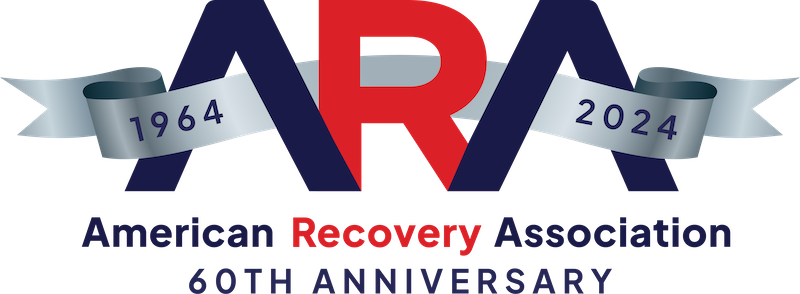The following is a guest post by Doug Duncan, President of TalentValue.
Every job applicant will not be completely honest and disclose all requested information on his or her application. In fact over 50% of every resume has an error – either they falsified the information or left something off. Unfortunately, some applicants are not entirely forthcoming, and this is where background checks from Veriproved, the official ARA background checking company, becomes valuable. While some employers conduct background checks on several applicants before a job offer is made, others wait until after they’ve made a job offer. Both are viable options, but there are advantages and disadvantages on both sides.
After the job offer
As the least expensive route, performing background checks after the job offer has been made can be very appealing to many employers, mainly due to the fact that it reduces the required paperwork. If a report has a negative finding, the Fair Credit Reporting Act (FCRA) requires you to send the applicant a pre-adverse action notice and a copy of the consumer report. The candidate then has an opportunity to dispute the finding. If you stand by your decision, you must send a final adverse action notice in a reasonable amount of time (typically five days). Both notices are required to be sent to the applicant regardless if an offer was made or not. Just as the costs can add up, so can the paperwork.
Waiting until after the job offer can also create additional work. If a report reveals something that causes you to remove your top candidate from further consideration, you will have to begin the process from scratch with your second choice candidate.
Before the job offer
Some states don’t allow pre-offer background checks, but in those that do, some employers find benefits in conducting them this way. The time between the actual job offer and the employee’s start date is typically shorter since the checks can be run while you compare the candidates.
It’s important to keep in mind that the checks should be conducted at the same point in the hiring process for all applicants. For instance, you may want to screen your top three candidates after a second round of interviews. If a report shows a negative finding, you can simply move on to the next candidate. Also, background checks can take time, so having your top three checked at the same time may allow you to extend a job offer to your second or third choice before that candidate accepts another job offer due to the wait.
You are allowed to check references, verify education, or even conduct deeper checks such as criminal history before a job offer. However, you are not allowed to check medical or workers’ compensation history prior to a job offer. One of the important ways to be HR Compliant is to “trust but verify” by doing an appropriate background check on the person you hire every time.
